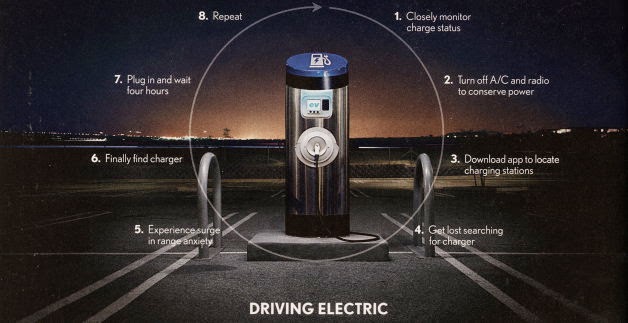evnow
Well-known member
evchels said:CA is rabidly pro-hydrogen. I've yet to see it be anti-Tesla.
It is anti-Tesla because FVCs are the primary competitors EVs in terms of ZEV credits. So anything that favors one is necessary anti others.
But, this isn't an American vs foreign choice, it's a technology choice. CA's H2 love affair started when its primary proponents were American automakers. And it considers FCVs the holy grail over EVs even though the most aggressive EV company (and perhaps two, depending on BMW) are foreign.
However, CA has noted that it prioritizes supporting CA companies. Tesla is one, and been the beneficiary of that consideration. But at least for the moment, the US headquarters of all three of today's H2 cheerleaders are in California too.
It is politics - and in politics it is all about influence - not technology
Here is a devious thought. May be Tesla wants CARB to continue to push FCV so that they have less competition in the EV space (since FCVs will not be able to compete in open market with EVs anyway, according to Musk).
Otherwise all that Musk has to do - given the huge megaphone he wields - is to call CARB out for favouring foreign designed FCVs vs home-grown EVs and how that will adversely affect jobs in CA. I can see CARB backtracking ...

